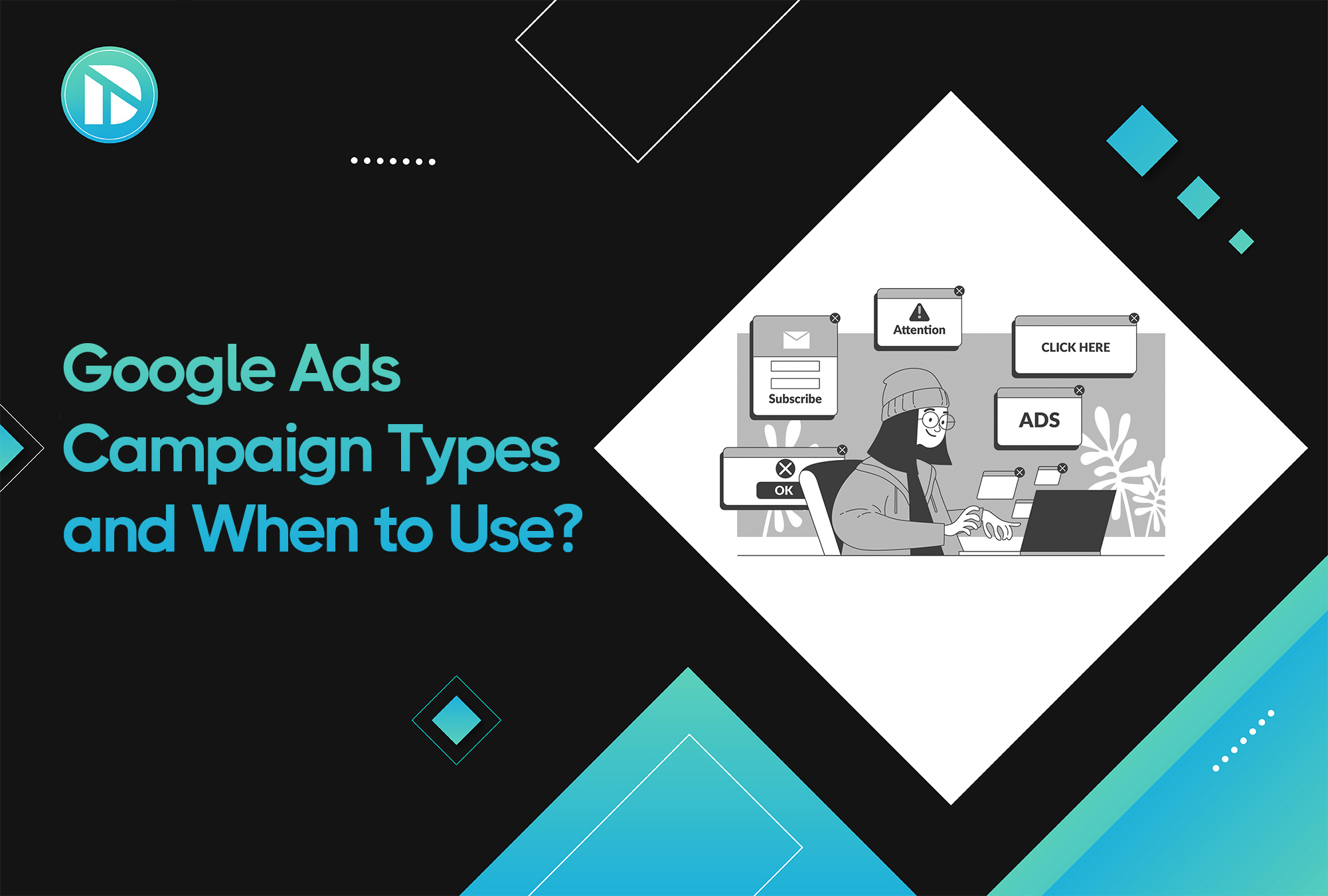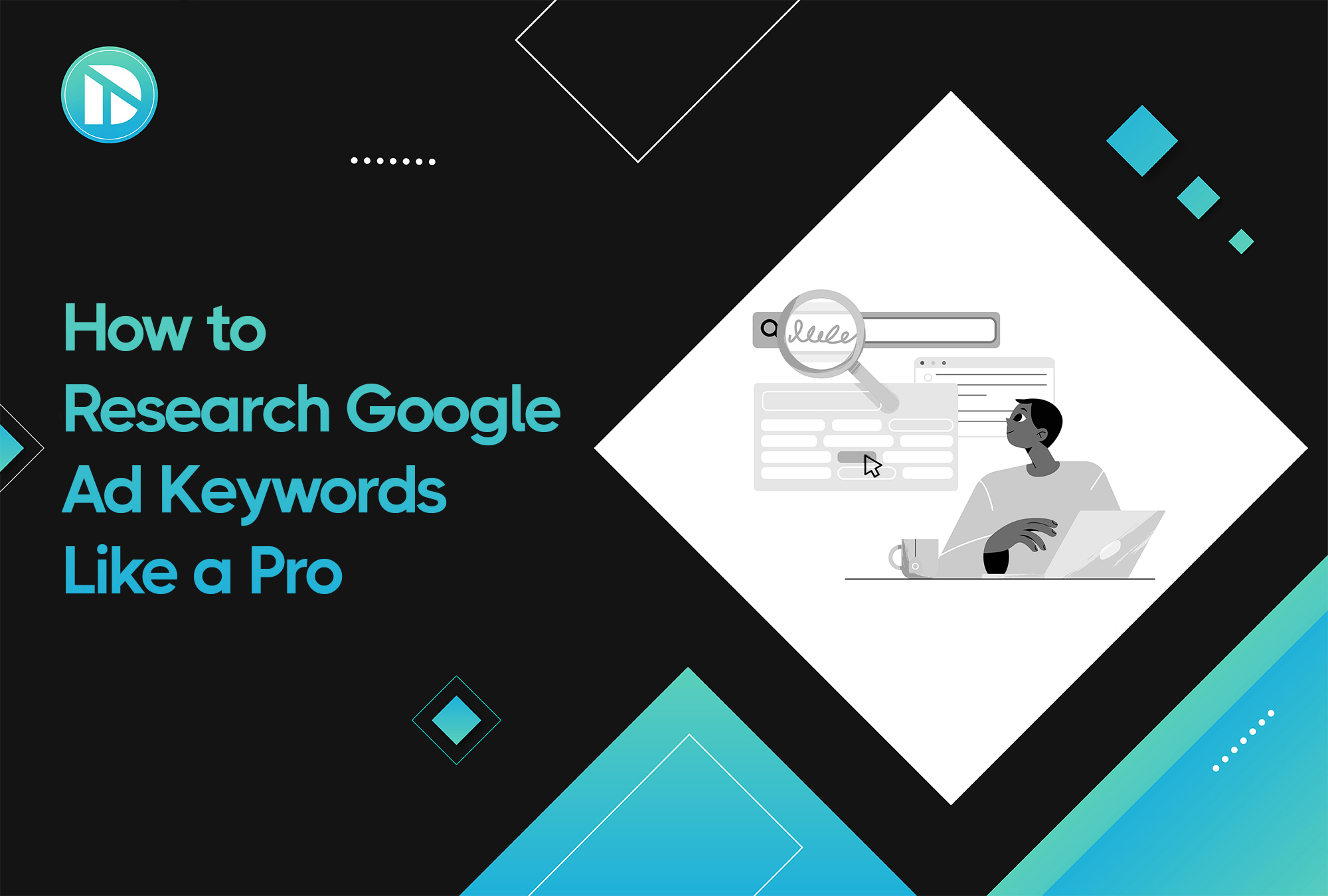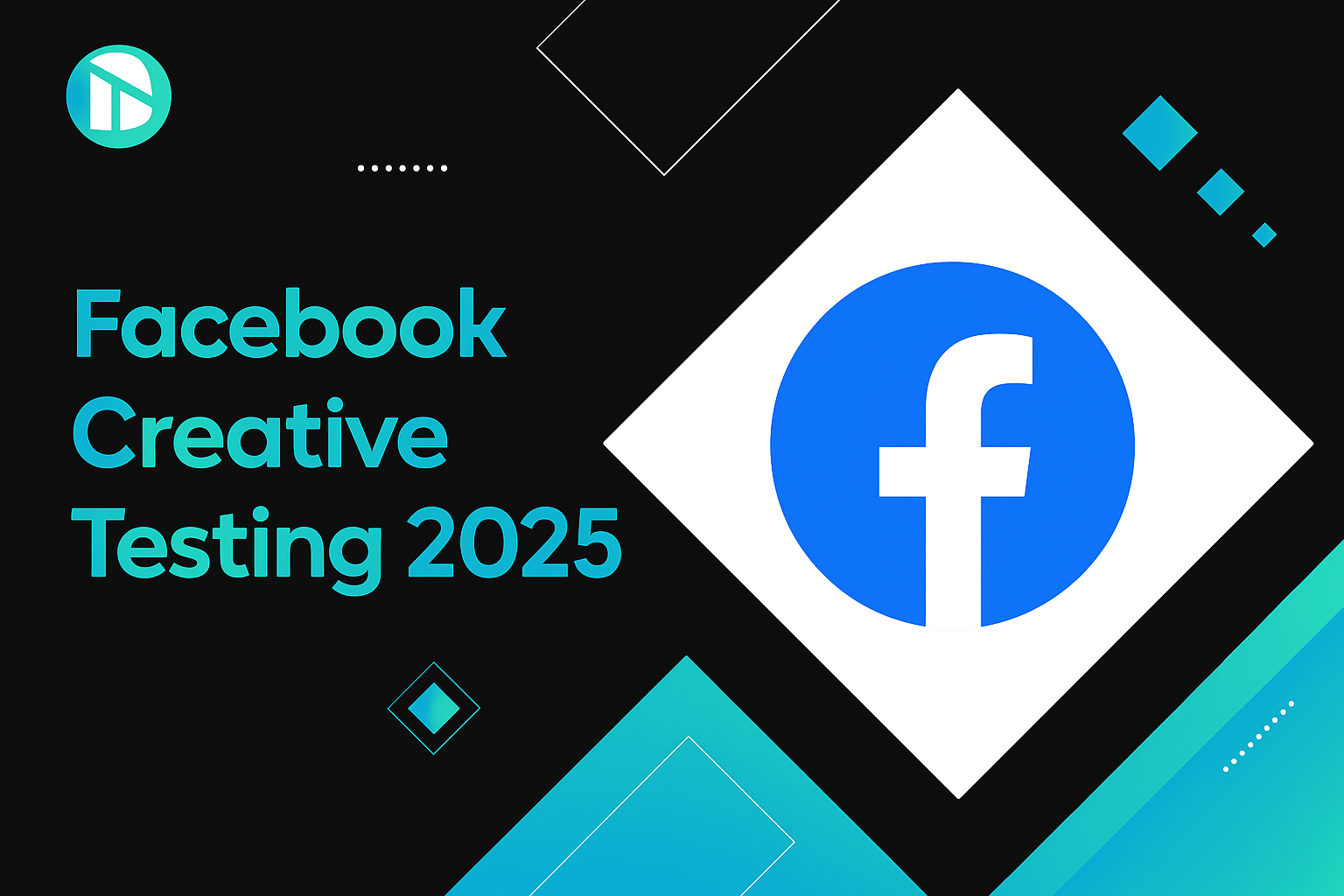Think back to the first time you ever used a search engine. You probably typed in a simple keyword, hit enter, and hoped for the best.
Fast forward to today – search engines have transformed into powerful tools that seem to understand our needs before we even finish typing. But what if we told you that we're on the verge of another game-changing shift in how we find and use information online?
Introducing SearchGPT, a groundbreaking development by OpenAI that’s designed to revolutionize the way search engines work.
Imagine a world where your search engine doesn’t just find information but understands and interacts with it in ways we’ve never seen before. Intrigued? You should be; because SearchGPT isn’t just another search engine – it's the future of search as we know it.
But what exactly is SearchGPT, and why should you care? More importantly, how will this innovation impact the world of Search Engine Optimization (SEO) and the way we interact with the web?
Let’s find out!
What Is SearchGPT and How Does It Work?
SearchGPT is a bold leap forward in how we interact with the bigger expanse of online information. Imagine a tool that doesn’t just spit out links but engages in a conversation with you, understanding your questions and offering up-to-the-minute answers with sources you can trust. That’s what OpenAI is aiming for with SearchGPT.
Right now, search engines rely on keywords and algorithms that often feel clunky and outdated. You search, you go through pages, and you hope to find what you need. But with SearchGPT, the game changes.
It’s designed to understand the intent of your questions, just like ChatGPT, but with a twist—it pulls in real-time data from the web. This means you’re not just getting a generic answer; you’re getting information that’s current, relevant, and backed by credible sources.
Why does this matter? Because it challenges the way we think about search engines.
For years, Google has been the go-to, but let’s be honest—it’s not perfect. There’s frustration when you can’t find what you’re looking for, or worse, when the results don’t make sense. SearchGPT could be the answer to these issues, offering a more human-like interaction where you can ask follow-up questions and dig deeper without starting from scratch.
This move by OpenAI isn’t just about improving search; it’s about reshaping our relationship with the internet. By integrating SearchGPT into ChatGPT, they’re creating a multimodal tool that’s more in tune with how we naturally seek information.
So, while Google might still be the king of search, SearchGPT is gearing up to redefine the rules of the game.

Understanding the Rise of SearchGPT
SearchGPT is more than just another search engine; it represents a drastic shift in how search technology operates. Unlike traditional search engines that rely heavily on keyword matching, SearchGPT leverages advanced language models to understand the intent behind user queries.
This means that instead of simply pulling up results based on the presence of specific keywords, SearchGPT understands the details of a search and delivers more accurate, relevant answers based on the context.
At its core, SearchGPT is designed to facilitate a more conversational and intuitive search experience. Users can ask questions in natural language, much like they would when talking to a person, and receive direct answers sourced from real-time web information.
The shift towards a more human-like interaction with search engines is not only innovative but also reflective of the growing demand for more personalized and meaningful online experiences.
Key Differences Between SearchGPT and Google
Conversational Interface vs. Keyword Search
SearchGPT takes a conversational approach, allowing you to ask questions naturally and refine them through follow-up interactions. This makes the search process more dynamic and user-friendly. On the other hand, Google relies on traditional keyword-based searches, where you enter specific terms and receive a list of relevant web pages.
Direct Answers vs. List of Links
One of SearchGPT’s standout features is its ability to provide direct answers, summarizing information from multiple sources and clearly citing them. This saves time by giving you the information upfront. In contrast, Google typically offers a list of links, leaving you to go through the results to find what you need.
AI-Powered Understanding vs. Keyword Matching
SearchGPT uses advanced AI to understand the intent behind your queries, delivering more contextually relevant results even if your question isn’t perfectly phrased. Google’s primary mechanism is keyword matching, which can sometimes result in irrelevant or less helpful answers, especially for complex questions.
Dynamic Context vs. Isolated Searches
SearchGPT keeps track of your previous questions, building on them to provide more personalized and accurate responses. Google, however, treats each search as a standalone query, with no memory of what you’ve asked before.
Real-Time Data vs. Web Index
SearchGPT focuses on providing up-to-date information using real-time data from the web. Meanwhile, Google’s comprehensive web index might include outdated or less relevant information, making SearchGPT a better option for timely searches.
Strategies for Optimizing Content for SearchGPT
Given the magnitude of SearchGPT impact, how can businesses and content creators adapt their SEO strategies to remain competitive? Here are a few key strategies to consider:
1. Focus on User Intent
The shift from keyword-based searches to intent-based searches means that content must be tailored to address the specific needs and questions of users.
Instead of focusing solely on keywords, consider the broader context in which your content will be consumed. What are the underlying questions or concerns that your audience is trying to address? By understanding and addressing these needs, you can create content that resonates more deeply with your audience and aligns with the way SearchGPT processes queries.
2. Create High-Quality, Engaging Content
In a world where search engines are becoming more adept at understanding user intent, the quality of your content becomes more important than ever.
High-quality content that provides value, solves problems, and engages the audience will stand out in the SearchGPT ecosystem. This could include in-depth guides, thought leadership pieces, or even storytelling that captures the audience’s attention and keeps them coming back for more.
3. Leverage Real-Time Data
One of the key features of SearchGPT is its ability to pull in real-time information from across the web. This means that integrating the latest data, trends, and insights into your content can make it more relevant and useful for your audience.
It also means that content needs to be regularly updated to ensure it remains current. Staying on top of industry trends and incorporating new information into your content strategy will be essential for staying competitive.
4. Optimize for Conversational Queries
As users become more accustomed to interacting with search engines in a conversational manner, it’s important to optimize your content to align with this shift. This means crafting content that answers questions in a clear, direct manner, using natural language that mirrors how people speak.
By anticipating the kinds of questions your audience might ask and providing concise, helpful answers, you can improve your chances of ranking well in SearchGPT’s results.
5. Maintain Clear Source Attribution
Transparency is a core value of the SearchGPT ecosystem, with the technology emphasizing the importance of clear and accurate source attribution.
Ensuring that your content cites reputable sources and provides clear attribution not only builds trust with your audience but also aligns with SearchGPT’s emphasis on credible, trustworthy information.
This practice will help your content stand out in a competitive landscape and also contribute to increase your site’s credibility.
From Keywords to Contextual Understanding: What’s Next for Search Engines?
Search technology has come a long way, evolving through several stages of innovation. Early search engines used simple keyword matching, which often led to frustration as users had to wade through many results to find what they were looking for.
Over time, search algorithms improved, incorporating factors like page relevance, backlinks, and user engagement. Despite these improvements, traditional search engines still relied heavily on keywords, which sometimes didn't fully capture user intent.
The introduction of SearchGPT marks a major breakthrough. By using advanced language models, SearchGPT goes beyond keyword searches, offering a better understanding of what users are truly looking for. This new approach focuses on context and meaning, rather than just matching words.
As search technology continues to advance, creating content that connects with users on a deeper level will become increasingly important. Businesses and content creators will need to adapt their strategies to stay relevant in this new era of conversational and context-aware search.
How Can You Make the Most Out of SearchGPT?
To leverage both traditional SEO and SearchGPT, businesses must adopt a hybrid approach that blends established practices with new strategies.
First, it’s crucial to build a solid SEO foundation by continuing to optimize for search engines’ technical aspects, such as site speed, mobile-friendliness, and high-quality backlinks. These elements remain fundamental for maintaining a strong online presence.
Simultaneously, getting the most out of SearchGPT's capabilities requires a shift towards understanding and addressing user intent.
Businesses should focus on creating content that answers specific questions and meets users' needs more precisely. This involves incorporating natural language and conversational elements into content to align with how SearchGPT processes queries.
Additionally, integrating real-time data and regularly updating content will help maintain relevance and accuracy.
By combining these efforts, businesses can enhance their visibility across traditional search engines and the new SearchGPT environment. This dual approach not only maximizes search performance but also builds a more engaging and user-centered online experience.
These changes will position businesses to thrive in a landscape where SEO and advanced search technologies work together seamlessly to drive traffic and engagement.
Conclusion
SearchGPT, developed by OpenAI, represents a significant leap forward in search technology by offering a more conversational and context-aware experience.
Unlike Google's traditional keyword-based approach, SearchGPT understands user intent and delivers direct, real-time answers, making it a more dynamic tool for those seeking precise information quickly.
This evolution challenges the conventional “10 blue links” model, potentially shifting how users interact with search engines and how businesses approach SEO.
As search technology advances, the focus is increasingly on creating high-quality, intent-driven content that resonates more deeply with users.
To stay updated on the latest trends and innovations in search technology, follow our blog. Also, if you're looking for a reputable SEO agency, stay in touch with us!
.png)









